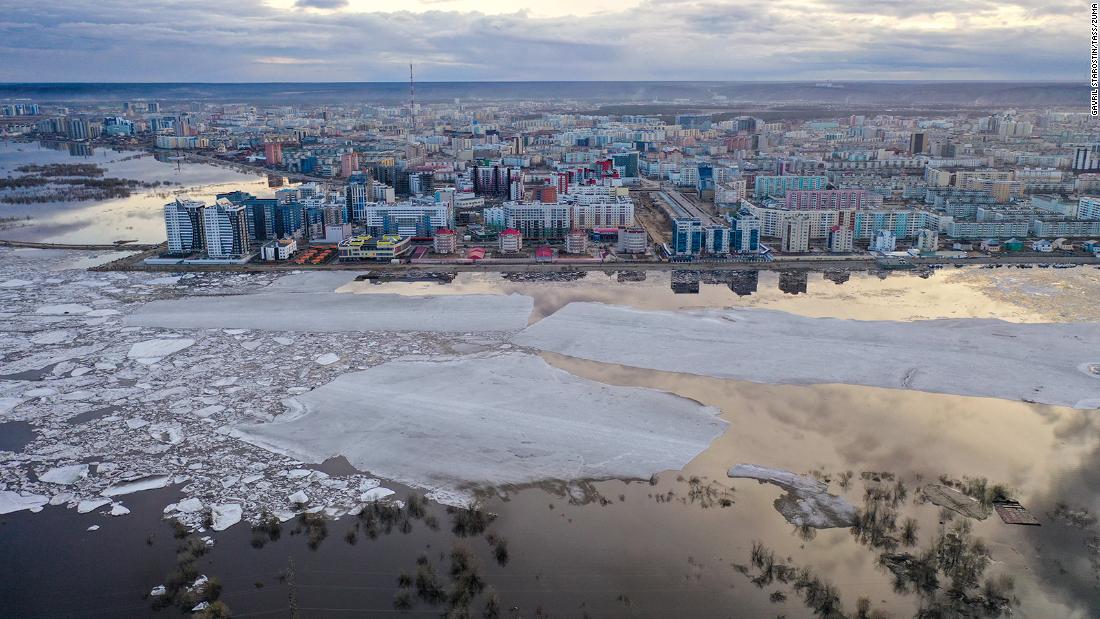
But in Siberia, it wasn’t just May that was warmer than usual: The region experienced periods of above-average surface air temperatures throughout winter and spring, with warmer temperatures especially from January, C3S found.
“It is certainly an alarming signal,” said Freja Vamborg, a senior scientist at C3S.
Siberia tends to see large variations in temperature month-to-month and year-over-year, and there have been months in previous years when the temperature anomalies were larger than the region has experienced in the past six months, C3S said. But, according to C3S, it is unusual to see warmer than average temperatures for so many months in a row.
Although the Earth as a whole is warming up, temperature increases do not occur uniformly across the planet, Vamborg said.
She said western Siberia stands out as a region showing a warmer trend with greater temperature variations.
Effects of warmer temperatures
Warmer temperatures already seem to have negative impacts.
Nornickel, the parent company of the power company, said the base of the storage tank possibly sank due to the thawing of permafrost, highlighting the dangers that increasingly warmer temperatures pose to Arctic infrastructure and ecosystems, according to the Russian state news agency TASS.
“At this point we can assume … that due to abnormally mild summer temperatures recorded in recent years, the permafrost may have melted and the pillars below the platform may have sunk,” said Sergey Dyachenko, chief operations officer at Nornickel. , according to TASS.
Sergey Verkhovets, arctic project coordinator for WWF’s Russian branch, said the incident had catastrophic consequences.
“We will see the repercussions in the coming years,” said Verkhovets. “We are talking about dead fish, contaminated plumage from birds and poisoned animals.”
CNN’s Mary Ilyushina and Frederik Pleitgen contributed to this story.
.